Publications
Articles, publications, books, tools and multimedia features from the U.S. Institute of Peace provide the latest news, analysis, research findings, practitioner guides and reports, all related to the conflict zones and issues that are at the center of the Institute’s work to prevent and reduce violent conflict.
Question And Answer
Whither NATO at 75?

Donna Charles on Ghana’s Democracy Amid West Africa’s Instability
Ghana represents a “bastion of democracy” in a region beset by political instability. With Ghanaian President Nana Akufo-Addo visiting Washington, D.C., this week, the United States can deepen cooperation in a way that “really supports the U.S. message of bringing peace through democracy,” says USIP’s Donna Charles.
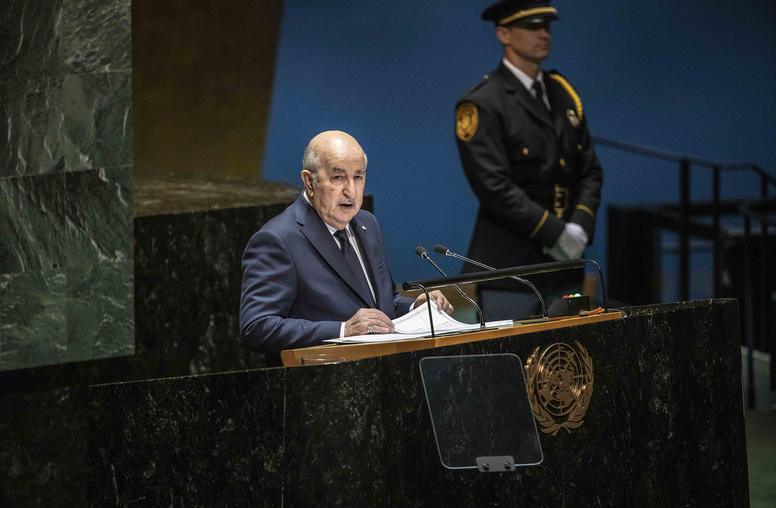
Can Algeria Help Niger Recover From Its Army Coup?
Democracies and democracy advocates should welcome this week’s tenuously hopeful sign in Algeria’s announcement that the 10-week-old military junta in Niger has accepted Algiers’ offer to mediate in a transition to civilian, constitutional rule. Still, Algeria’s government and the junta left unclear the extent of any agreement on mediation, notably disagreeing on a basic element: the duration of a transition process. Algeria can bring significant strengths to a mediating role. In stepping forward from what most often has been a cautious posture in the region, Algeria creates an opportunity that international partners should seek to strengthen.

Sameer Lalwani on the G20 Summit
At the G20 summit, the United States should focus on engaging with the Global South. “A lot of these countries are worried about bread-and-butter issues,” says USIP’s Sameer Lalwani. “In the absence of U.S. leadership at an institutional level … there’s going to be other actors that fill that vacuum.”
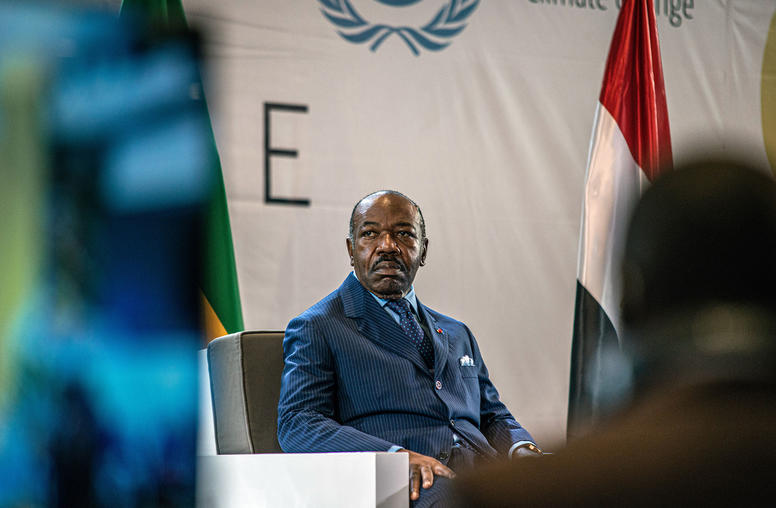
What to Know About Gabon’s Coup
On August 30, just hours after Gabon’s election commission announced that President Ali Bongo Ondimba had been elected to a third term, a group of Gabonese military officers from the elite presidential guard unit seized power and placed the president under arrest at his palace. Later that day, the officers declared General Brice Oligui Nguema as chairman of the transition. While the election itself had been marred by reports of irregularities, the officers’ coup marks the latest in a long line of recent military takeovers across the African continent that have jeopardized regional stability and security.
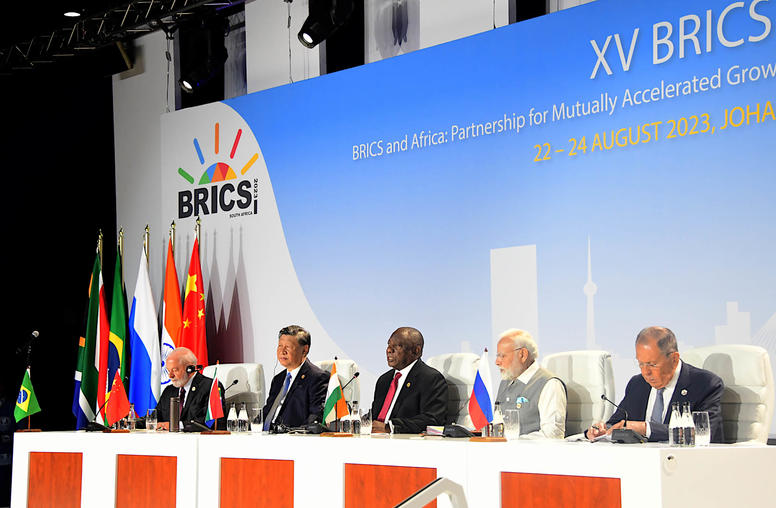
What BRICS Expansion Means for the Bloc’s Founding Members
After more than 40 countries expressed interest in joining, the question of whether BRICS would admit new members was finally answered during the group’s summit last week. Despite pre-summit reports of division over the potential expansion, leaders from the five-nation bloc announced that Saudi Arabia, Iran, Ethiopia, Egypt, Argentina and the United Arab Emirates (UAE) would join the group starting in 2024.

Henry Tugendhat on the Geopolitical Impact of BRICS Expansion
The expansion of BRICS is a significant step in the bloc’s push to counterbalance the Western-led international order. But as a consensus-based group, “the question remains to what extent will they agree on what [that] alternative world order might look like,” says USIP’s Henry Tugendhat.
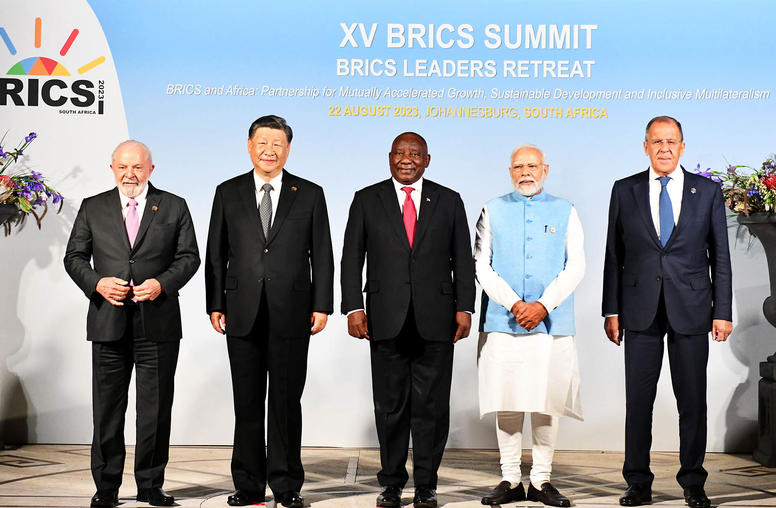
Why the BRICS Summit Could Be a Big Deal
The leaders of the so-called BRICS (Brazil, Russia, India, China and South Africa) are gathering in Johannesburg this week in what is likely to be pivotal meeting for the bloc’s trajectory. Russian President Vladimir Putin will not be attending due to an International Criminal Court warrant. But Moscow and Beijing will be pushing for the group’s expansion in a bid to strengthen the bloc as an alternative to the U.S.-led liberal international order. Over 40 countries have applied to join. But there is division within the five members. Brazil and India fear that expansion will dilute their influence and impact their nonaligned foreign policies.
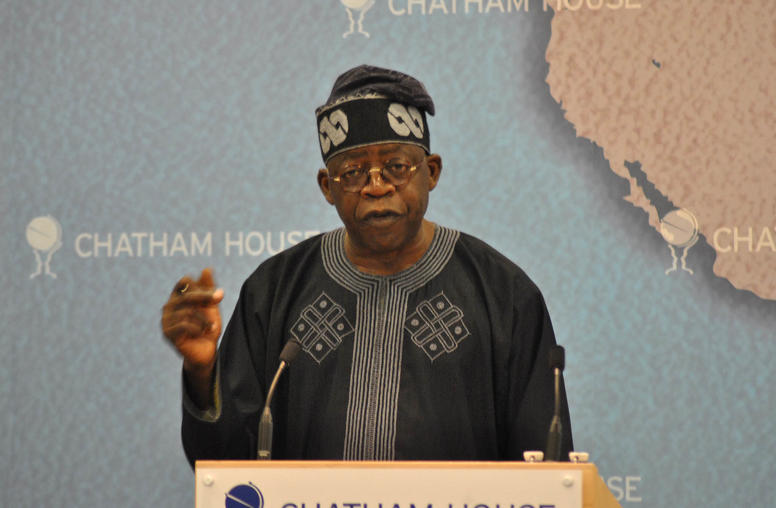
West Africa’s Leaders Face the High Stakes of Niger’s Coup
Amid the global challenges to building international stability and peace, a crisis increasingly forcing itself to the foreground — even amid those of record human displacement, climate degradation and unresolved wars — is the plunge by six countries across Africa’s Sahel region into coups d’état and military rule. Eight coups since 2020 have left 150 million people under rule by their armed forces. The latest coup, in Niger, is drawing a heightened international response, and a key player, the 15-nation West African community, today that it will pursue a long campaign of economic and diplomatic pressure, and that it sees military force as a last resort.
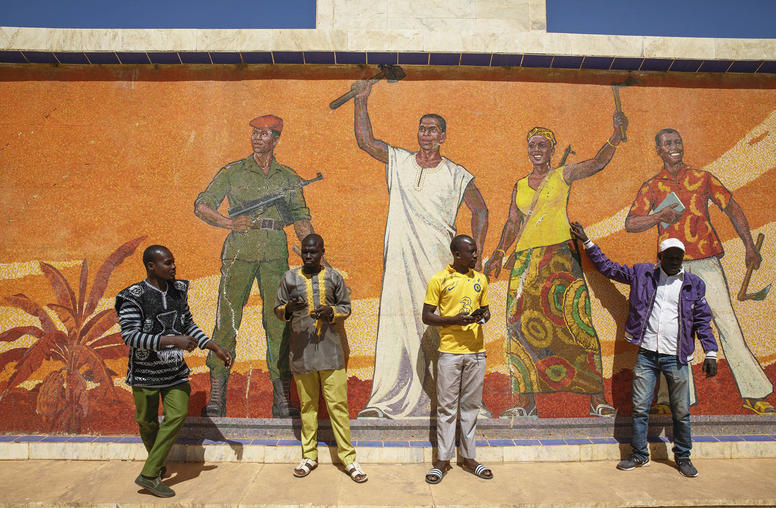
How to Respond to Niger’s Coup — and Prevent the Next One
Military officers in Niger are rushing to consolidate the power they seized 15 days ago, while West Africa’s elected governments and regional institutions are seeking ways to reverse the July 27 coup d’état. Niger’s coup seems a particular setback for democracy, completing a six-nation belt of military regimes across Africa’s Sahel region. Amid this uncertain power struggle, how can the world support Africans’ demonstrated demand for elected, democratic governance that meets their peoples’ needs? We should begin by hewing to several basic principles. One is to keep our responses to coups coherent — but not uniform. Niger’s coup is distinct; our response must be as well.
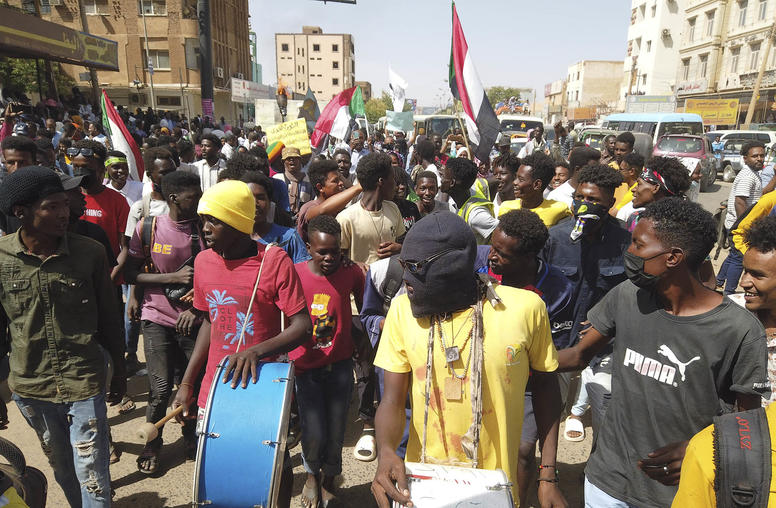
Countering Coups: How to Reverse Military Rule Across the Sahel
Three years of coups around Africa’s Sahel region — eight of them in six nations, from Guinea on the Atlantic to Sudan on the Red Sea — leave many African and other policymakers frustrated over how to respond. The Sahel’s crises have uprooted more than 4 million people and could add millions more to our record levels of global human migration as Africa’s population grows and its climate destabilizes. Yet the pattern of coups and other evidence — notably from USIP’s Sahel fieldwork, counter-coup research and bipartisan analysis teams — offer guidelines for effective responses by African, U.S. and international policymakers.